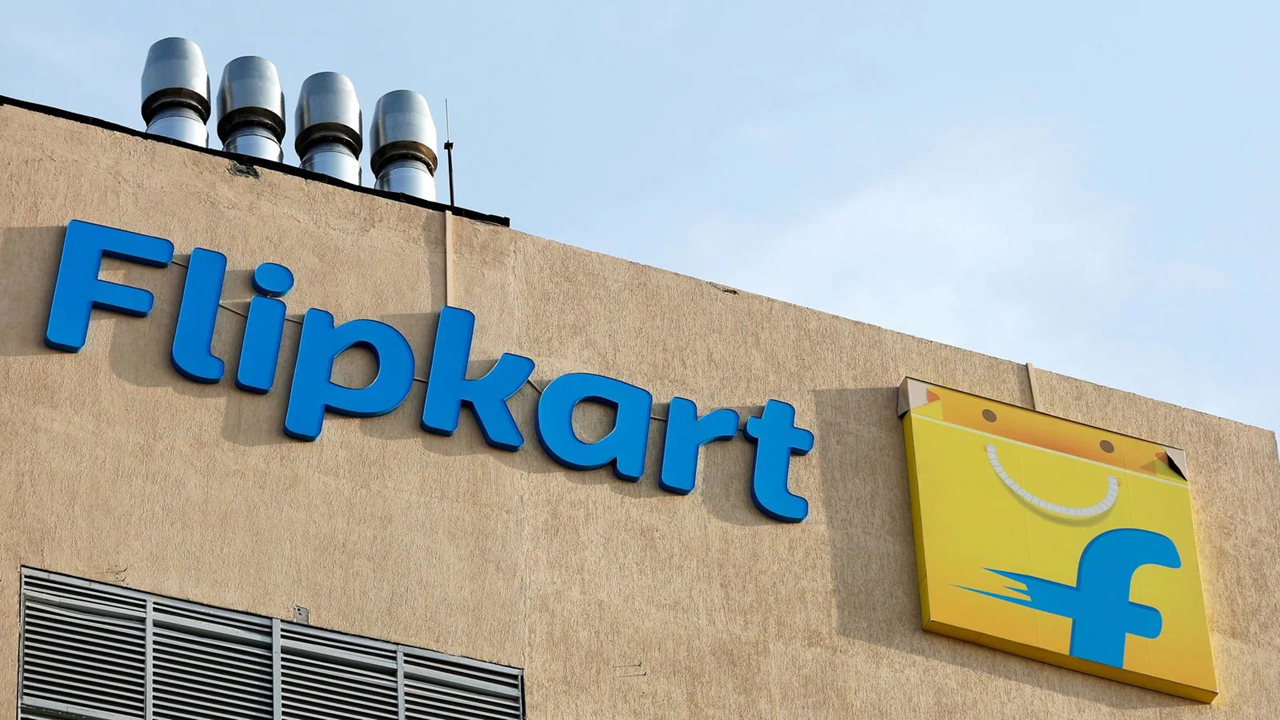Flipkart has officially ended its work-from-home (WFH) policy and asked all employees to return to the office full-time, five days a week, according to a report by Moneycontrol. This move places the Walmart-owned e-commerce giant in line with other leading players like Meesho, Amazon, Blinkit, and Zepto, whose employees have already resumed regular office operations.
Is the era of remote work ending?
Flipkart just joined the list of major companies calling employees back to the office full-time. What does this mean for the future of workplace flexibility?
The company initially introduced remote work in 2020 during the COVID-19 pandemic, offering flexibility in line with global trends. For several years, Flipkart maintained this policy, gradually phasing it out by first asking senior leadership—mainly vice presidents and above—to return more frequently to the office.
Now, Flipkart has extended the return-to-office mandate across all levels and functions. While the transition will be phased over the next few months, the goal is to have all employees back at their desks full-time. However, exceptions will be made based on job requirements, and employees will still be allowed a limited number of WFH days as needed.
Confirming the shift, a Flipkart spokesperson said, “The majority of our workforce, especially in field roles, have consistently operated from their respective locations. At our corporate headquarters, we’ve been encouraging a gradual return over the past year, and this has resulted in stronger collaboration and team synergies.”
The company emphasized that returning to the office is aimed at strengthening employee connections, enhancing collaboration, and fostering a shared sense of purpose—especially for new hires and existing team members.
Here are 10 key learnings from Flipkart ending its work-from-home (WFH) policy and calling employees back to office:
-
WFH is not permanent – Even after years of remote work, companies may eventually revert to traditional models.
-
Office collaboration still matters – Flipkart emphasizes synergy, deeper teamwork, and culture building as reasons for return.
-
Workplace flexibility depends on industry – In fast-paced, customer-focused sectors like e-commerce, in-person work may be preferred.
-
Phased return eases transition – A gradual shift helps employees adjust mentally and logistically.
-
Role-based exceptions are possible – Not all jobs require physical presence; flexibility can still be offered for certain roles.
-
Senior leadership sets the tone – The return started with top-level executives, showing that leadership walks the talk.
-
Employee engagement is key – In-office interactions are being positioned as crucial for motivation and connection.
-
Hybrid models are evolving – While full-time WFH is reducing, hybrid and flexible models may continue in various forms.
-
Organizational culture matters – Flipkart sees office presence as a way to strengthen company culture, especially for new hires.
-
The future of work is dynamic – Every company must continuously assess what model best fits its goals, people, and operations.
As companies like Flipkart shift back to in-office work, it’s clear that the future of work will continue to evolve balancing flexibility with collaboration.
Whether remote, hybrid, or on-site, the focus must remain on creating environments where people can thrive, connect, and contribute meaningfully.
What truly matters is how organizations adapt while keeping employee well-being and business goals aligned.

